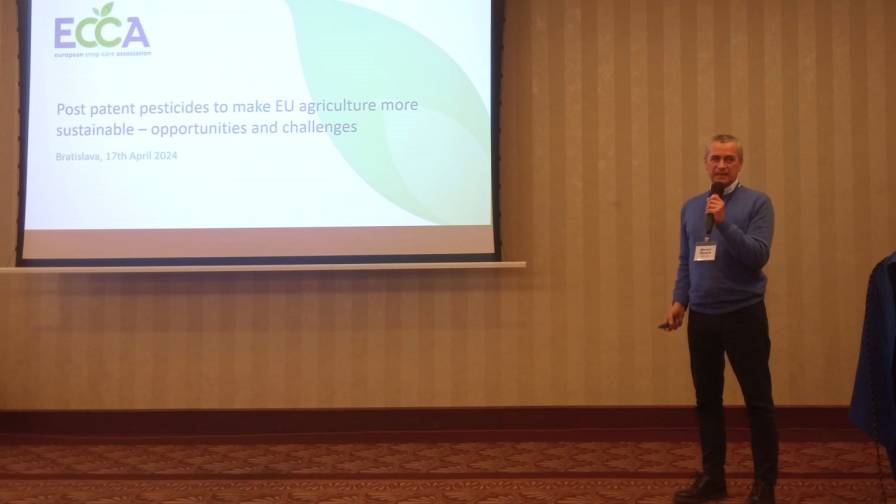Observations From the Next Generation

Attendees enjoy a cocktail reception at the host hotel in the beautiful mountains of the Shennongjia District, home to unspoiled natural beauty and unique wildlife, including the elusive Sichuan golden hair monkey.
I’ve never been more excited to be part of the crop protection industry. The FCI team hosted its inaugural Future Leaders Seminar in Shennongjia, China, in late August, and it afforded us a unique perspective on the needs of businesses, concerns for young traders, and challenges that buyers and sellers face in this market.
For the first time in my tenure, I was able to listen to what young workers want and how those needs fit into Chinese corporate culture. It was inspirational to see the next generation so passionate about their work, their companies and their future in what continues to be a growing industry.
Young workers want a professional development plan.
We don’t talk much about employee development in this industry. When a company hires a new employee, it often fails to set a growth plan for individuals, and maybe for a good reason. Large companies hire many employees, and it is difficult to commit time and resources to an individual who might stay at the company a short time.
Additionally, a company wants to see real-world performance before it can assess a worker’s long-term potential in an organization. However, workers need to know their status in an organization, and they deserve to know what managers think of their work and the promotions for which they might be eligible.
For sure, promotions must be earned. In the U.S. you seldom rise through the ranks on your potential; instead you are usually given a promotion for a job you are already doing. Employees have a responsibility to perform within an organization with pride, passion and excellence. Organizations, in turn, have a responsibility to tell employees how their work is being viewed and what the possible next steps might be for their career. This is imperative, especially with young workers who are still trying to figure out their place in the company and the working world. Without the proper attention, you are simply training them for a better opportunity with another company, maybe a competitor.
Mentorship has never been more important. In the U.S., a formal mentorship program has become a bit outdated, and it is probably to the detriment of both workers and organizations. The reasons for the demise are varied, but the result has been almost universal: Neither workers nor companies expect a young worker’s tenure to be more than a couple years. Retraining new employees is expensive and a drain on productivity. It is more efficient and effective to retain good employees, and mentors help employees feel like they continue to learn and grow as professionals.
Mentorship is more than professional development. It includes company culture, personal growth, business values and etiquette, relationship building, and networking. The young traders I talked to want guidance on how to excel at these softer skills, and companies have much to gain by helping them develop.
Employees tend to look for other opportunities when they stop learning. It is in your best interest to make sure that doesn’t happen. You might even be reinvigorated by the younger generation’s passion to perform and lust for life, just like I was.






